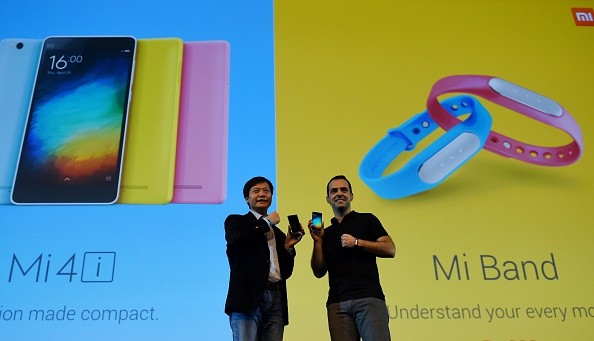Entrepreneurs and businesses from emerging countries have a solid chance to break through stiff competition through China’s “Internet Plus” model, China Daily reported.
According to Lei Jun, founder and CEO of tech giant Xiaomi, the model can ultimately help small enterprises to stand out in market competition and eventually become market leaders. How? By offering great products at affordable prices.
Unveiled in 2015, the “Internet Plus” action model launched by China aims to slowly integrate the Internet into more traditional industry sectors as a means to improve the quality of services and products offered.
One of the first companies to apply the model into their business was Xiaomi.
The “Internet Plus” model helped Xiaomi achieve the company’s goals of increasing operations efficiency as well as developing better products and innovative solutions, Lei shared at the Global Business Summit held in New Delhi last Monday, March 27.
Through word-of-mouth marketing, Xiaomi was able to build a customer base that gave useful feedback vital for product improvement. Meanwhile, e-commerce helped Xiaomi cut down costs by eliminating the need for middlemen.
“I believe that the power and unstoppable influence of the Internet means information asymmetry will sooner or later come to an end,” said Lei.
In the summit, Lei moved on to discuss how emerging markets can apply the “Internet Plus” action plan into local enterprises’ business models. For Lei, quality, efficiency, and user experience should not be sacrificed.
“I believe that in the next decade or so products that enable lifestyle changes and offer more choices will rule the marketplace.”
“Companies in emerging markets need to offer their consumers a compelling vision so that they not only solve problems today but even address problems on the horizon.”
Xiaomi’s presence at the summit indicates its key position as the top selling smartphone brand online in India. Additionally, Xiaomi is the second-largest smartphone brand in India, having performed exceedingly well in the last quarter of 2014.



























